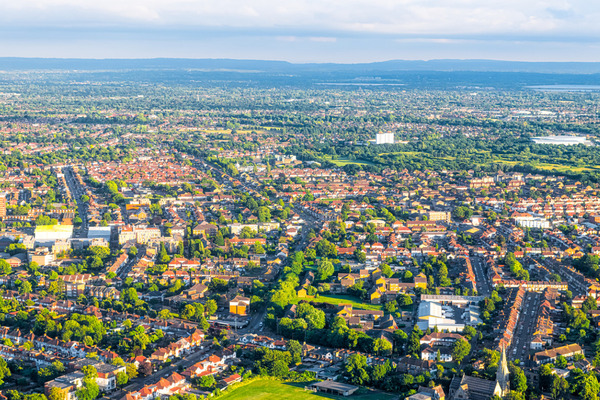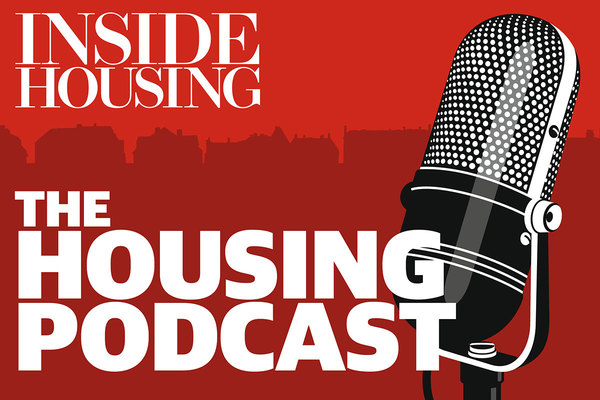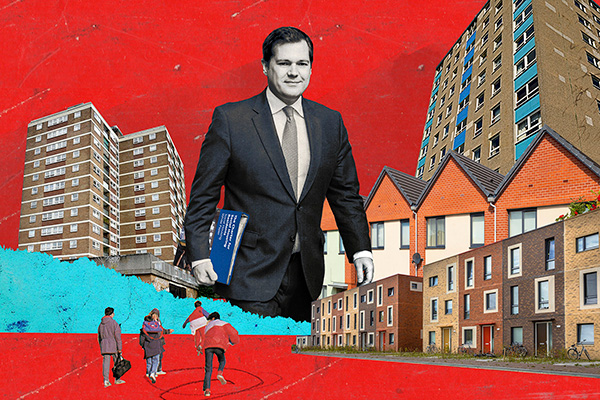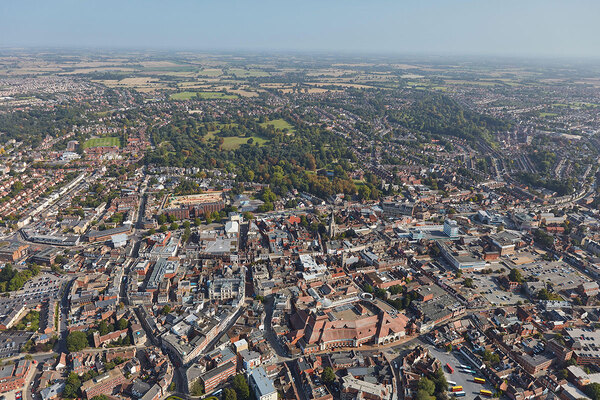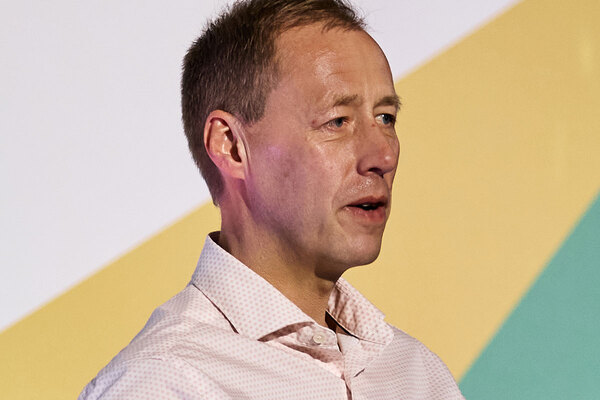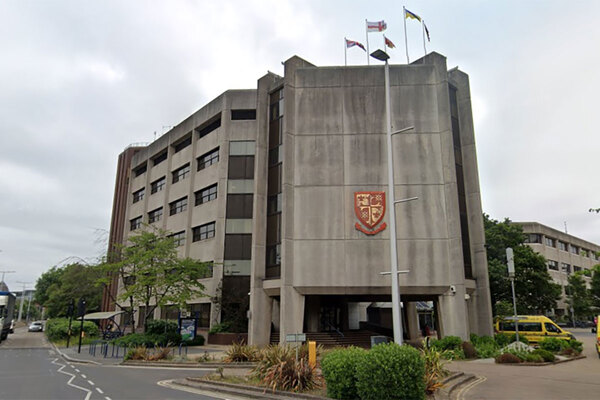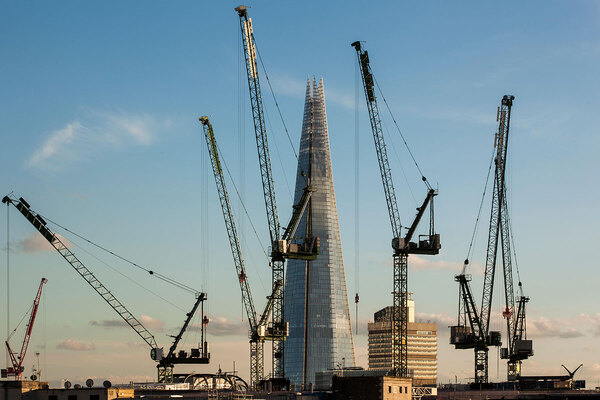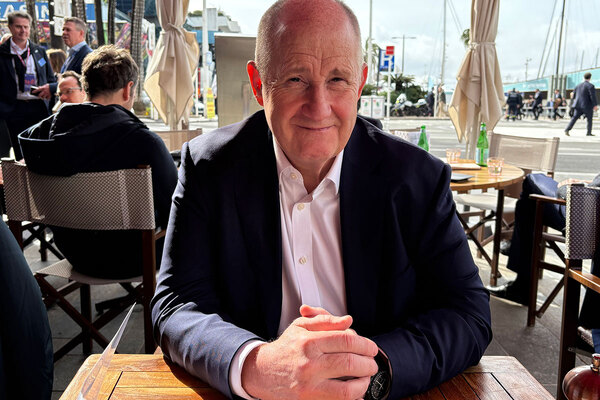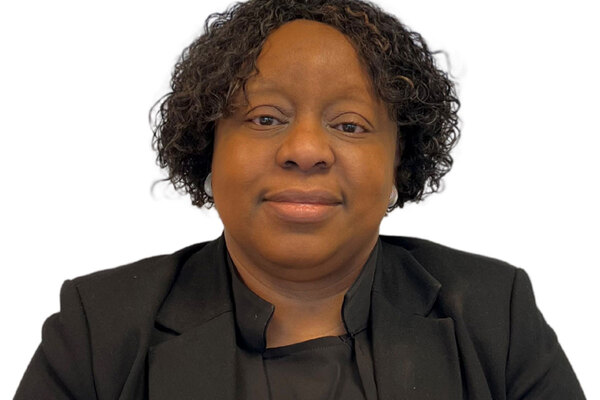Government aims to publish social housing regulation bill in March
Legislation that aims to bring into law proposals put forward in the Social Housing White Paper could be put before parliament as early as March, Inside Housing can reveal.
It is understood that as part of Michael Gove’s plans to ensure social housing tenants are not ignored, he will fast-track the publication of the social housing regulation bill, with the department aiming for a date in March.
The publication of the bill will end a long journey for the social housing regulation bill, after a Green Paper was first promised back in September 2017 by housing secretary at the time Sajid Javid, but has been hit by a series of delays.
This was prompted by the Grenfell Tower fire, which killed 72 people. The fire exposed a system where residents were ignored by their landlord, Kensington and Chelsea Tenant Management Organisation, despite repeatedly raising concerns about fire safety in the lead-up to the tragedy.
In his speech on building safety later today, Mr Gove will say: “We will bring forward a social housing regulation bill, so social housing tenants cannot be casually ignored, as those at Grenfell were over so many years.”
The bill promises to have wide-reaching changes that will overhaul the way in which social housing providers operate and are regulated.
In November 2020 the government published its 76-page Social Housing White Paper, which put forward a series of proposals that are likely to be made law in the spring.
These include plans to add a new arm to the Regulator of Social Housing, which would carry out a more proactive regulation of consumer standards, assessing social landlords’ performance on areas such as housing disrepair and safety.
Other proposals include a new obligation for landlords to identify a nominated person responsible for building safety compliance, plus a requirement to improve tenant engagement and a government review of the Decent Homes Standard.
It will also look to speed up the complaints process by improving access to the Housing Ombudsman, by removing the democratic filter. The democratic filter, which was introduced by the coalition government in 2012, requires residents to wait eight weeks or consult a politician before escalating their case.
There was hope that the legislation would be brought in last year but the government has consistently said it would look to legislate “as soon as practicable”.
Grenfell survivors and social housing campaign groups were left disappointed when the Queen’s Speech last May did not include any reference to social housing reform.
Ahead of the speech, Grenfell United, the body that represents survivors from the fire, said the delay to bringing in legislation had been “torturously slow” and that they “were not prepared to be kept waiting any longer”.
Inside Housing has contacted the Department for Levelling Up, Housing and Communities for comment.
Sign up for our Week in Housing newsletter
Already have an account? Click here to manage your newsletters
